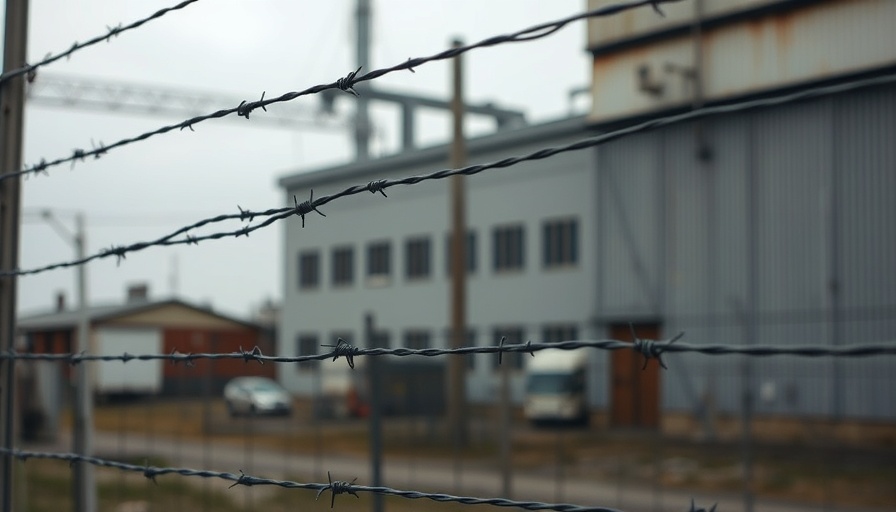
Underscoring Legal Tensions in Immigration Policy
The recent move by the Trump administration to relocate a Venezuelan man for possible deportation, despite a federal judge's order preventing his removal, has thrown the intricacies of U.S. immigration law back into the spotlight. This case encapsulates the ongoing tensions between policy enforcement and judicial authority, raising questions about the power dynamics in the immigration system.
The Human Impact of Immigration Policies
The Venezuelan man, identified in court papers as "A.S.R.," worked in construction in Philadelphia yet now finds himself in a detention center in Texas, far from his place of work and community. This situation is not merely a legal statistic; it affects real lives and livelihoods. Many individuals in similar situations struggle not only with the uncertainty of their immigration status but also the emotional burden of separation from family and their daily lives.
A Case of Judicial Authority Versus Executive Action
According to court records, U.S. District Judge Stephanie Haines issued an order blocking A.S.R.'s transfer just hours before he was flown to Texas. This highlights a fundamental question about the limits of executive power in the context of immigration enforcement. The administration has so far not faced accusations of violating the court order. However, the swift action taken post-judgment underscores a potential disregard for judicial authority, an issue sparking critical debate among legal experts and policymakers.
Insights into Future Deportation Trends
The ongoing litigation surrounding A.S.R. might pave the way for broader implications in immigration reform. Legal observers expect that outcomes in such cases could lead to increased scrutiny of deportation practices, revealing a trend where judicial rulings may struggle to change executive immigration policies. As these cases unfold, they provide vital insights into how authorities balance enforcement against the rights awarded to individuals under U.S. law.
The Role of Advocacy Groups in Immigration Cases
Organizations like the American Civil Liberties Union, which represents A.S.R., play a crucial role in standing against perceived injustices in the legal system. Their involvement highlights the continuing advocacy efforts aimed at protecting the rights of immigrants. Instances like A.S.R.'s can galvanize public support and mobilize broader coalitions against practices that appear to undermine fair legal processes.
Broader Context Surrounding Immigration Policies
Immigration remains a contentious topic in the U.S., often intertwined with discussions about economic impact, national security, and human rights. As deportation cases rise within a politically charged environment, their outcomes could shift public opinion and lead to changes in policy. Understanding these dynamics is crucial as the nation grapples with complex immigration issues in a divided political landscape.
Engaging in the Conversation
The A.S.R. case shines a light on the essential conversations about immigration reform, judicial power, and humanitarian responsibility. Engaging in discussions around these topics can empower individuals to better understand the implications of current policies on vulnerable populations. Whether through social advocacy or informed voting, every action counts in shaping the future of immigration in the United States.
As the A.S.R. case continues to unfold, it is a stark reminder of the ongoing challenges within the U.S. immigration system and how they directly affect individuals and families. Awareness and advocacy can pave the way for meaningful change.
 Add Row
Add Row  Add
Add 



Write A Comment